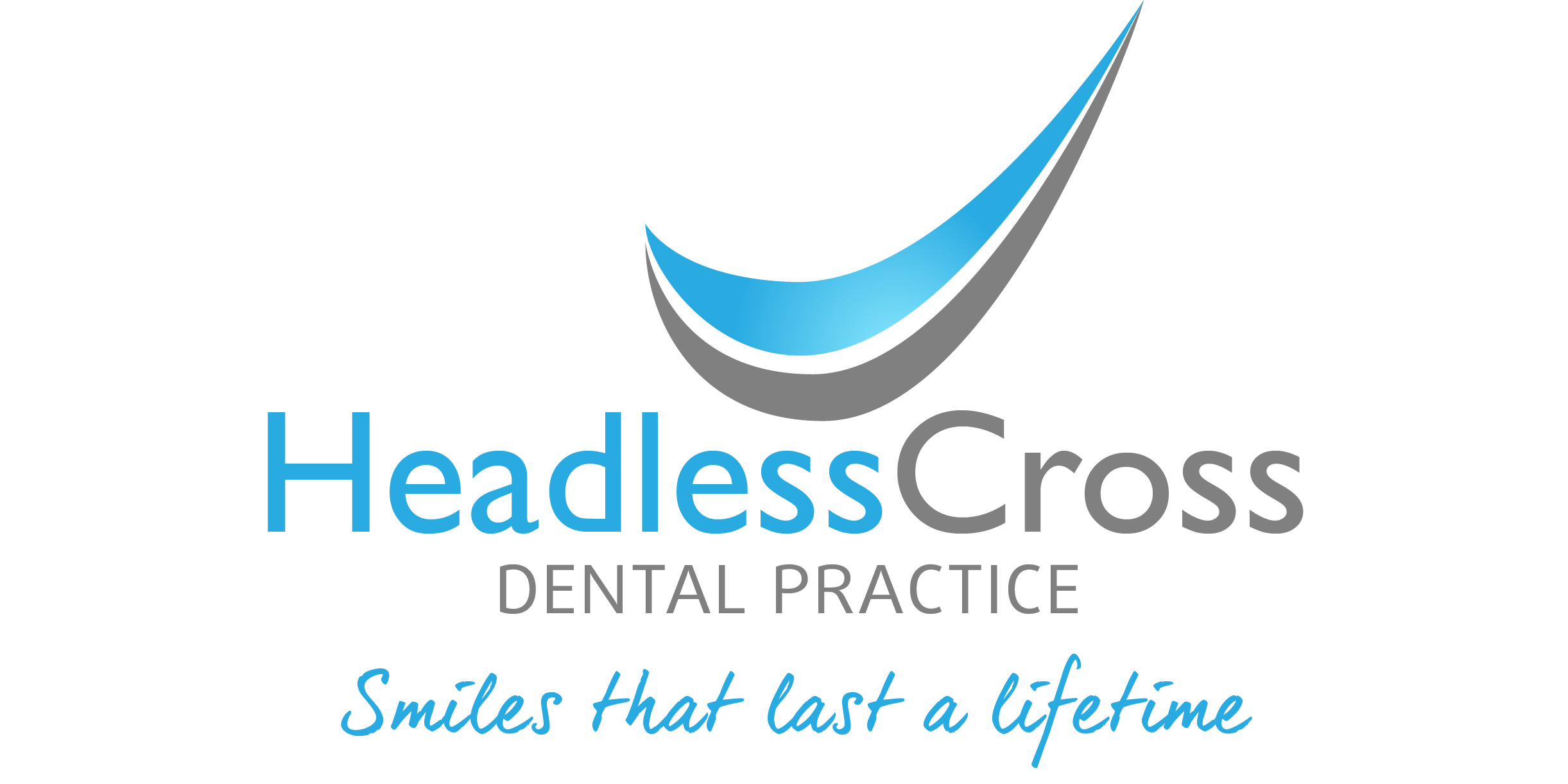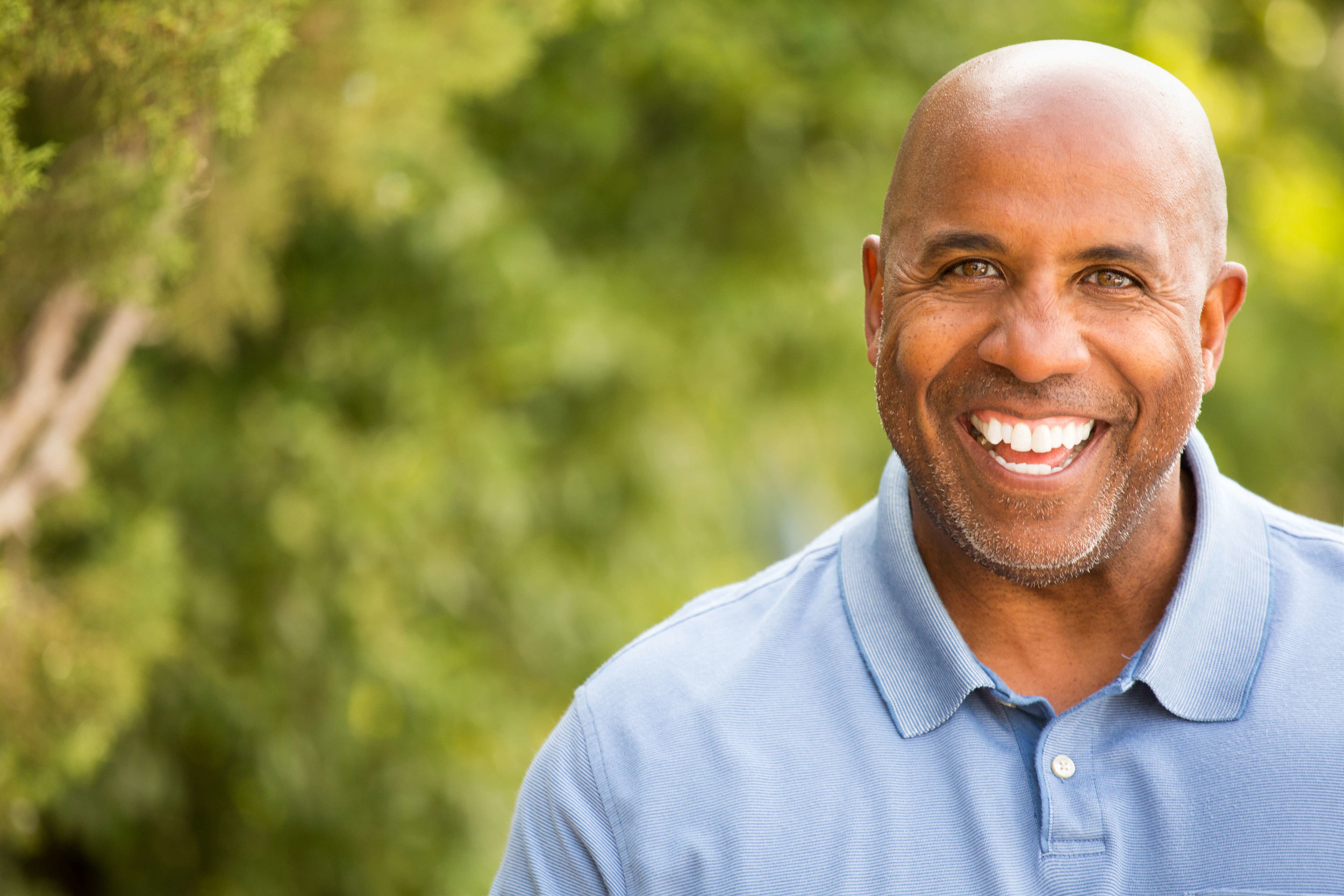Preventative Dentistry In Redditch
As a practice dedicated to preventative dentistry, we have three qualified Dental Hygienists who are able to professionally clean your teeth and show you the best way to keep them free of plaque. They are also able to give you advice on diet and prevention of decay
As they say ‘Prevention is Better Than Cure’
AIRFLOW
Airflow is more advanced than a traditional scale and polish and brightens the teeth without actually touching them!
If you have found your teeth are starting to discolour from things like tea, coffee and smoking, AIRFLOW EMS is the perfect solution. AIRFLOW targets discolouration and plaque that can’t be removed by any toothbrush.
The additional benefit of AIRFLOW EMS for anyone who is a little nervous of the dentist is that it is a fast, safe and pain-free service that makes your teeth shine brighter than ever, in less than 20 minutes!
PERIOFLOW
Perioflow is the latest innovation in the removal of the harmful biofilm, that adheres on or below the gum line of your teeth, to help in the fight against gum (periodontal) disease.
Dental biofilm is the main cause for decay, gum disease and infections around implants. Untreated gum disease has been implicated in increasing risk of diseases such as coronary artery disease, arthritis and diabetes.
Preventative Dentistry FAQ’s
Periodontal disease is an inflammatory disease. The inflammation is part of the body's natural defence mechanisms and occurs in response to a build-up of plaque (bacteria) on the teeth. In some patients, this natural inflammatory process is too severe or poorly controlled and the inflammation actually damages the supporting structure of the teeth, namely gum and supporting bone. Whilst we can control this process and stop the bone loss getting any worse, the bone loss is usually irreversible.
Approximately 10% of the population are severely affected by periodontal disease and by the age of 60 years old around 80% of people will display some bone loss, albeit mild. There appears to be some genetic link with periodontal disease, with trends running in families. If you have been diagnosed with periodontal disease, then potentially your siblings are at risk of having the same problem and potentially your children may also be at risk. Ideally they should all be screened and monitored by their dentist for potential problems
The single biggest risk factor for developing gum disease, after poor oral hygiene, is smoking. Smokers lose three times more teeth than non-smokers and they do not respond as well to treatment as non-smokers. There are other conditions such as poorly controlled diabetes, poor diet or stress that can also play their part. Stopping smoking is a very important part of controlling this disease and preventing tooth loss. Should you wish to quit smoking, the best people to speak to are your GP and medical practice Nurses. We are also happy to offer advice.
Periodontal disease can be treated successfully, however we cannot cure it. Similar to diabetes, there is no cure, but by stabilising the disease, we can prevent further damage and allow you to keep your teeth for a long time.
Your role in the management and stabilisation of the disease is crucial. We will show techniques aimed at helping you clean your teeth to a very high standard so that the bacteria levels are below the level that triggers inflammation. This is different from one patient to the next. Without this change in home care, our treatment cannot be successful. Controlling the risk factors outlined above is an important part of helping yourself control your disease.
If the bone loss around the teeth is not controlled then teeth may become loose, gums shrink and is some cases teeth may become infected or even fall out.
Once you are successfully controlling the plaque build-up, we will help by removing the deposits that you cannot reach or are firmly attached to the teeth. This can take time and you may require several treatment sessions over a period of many months depending on how severe the disease is. This treatment may be done by your dentist, dental therapist or dental hygienist. It is impossible to know how long it will take to stabilise the condition but the harder you work at home the quicker things tend to happen.
This is not an infection, it is the body's reaction to removable plaque. When the plaque is physically removed by you and by us, the inflammation will resolve and the disease will stabilise without the need for antibiotics. Gum disease is almost never treated with antibiotics.
Due to the fact that there has been irreversible bone loss, when the inflammation resolves it is likely that you will experience some gum shrinkage and possibly some sensitivity. These are unavoidable side effects of treatment and you must remember that failing to control the disease may result in tooth loss.
Dental Care Tips
In between visits, we still like to help our patients care for their smile by providing advice to help you maintain your dental health. Here is our handy guide:
Brush your teeth at least twice a day with fluoride toothpaste - ideally last thing at night and one other time during the day
Try to brush your teeth for at least two minutes every time for a thorough clean
Don’t brush too hard as it could damage your gums and remove enamel from your teeth
Clean between your teeth with floss or dental tape to get rid of the plaque that can’t be reached with regular brushing
Pay attention to when you eat sugar and how much you eat, when possible try to limit sugar intake to straight after a meal
We will provide you with bespoke care advice at every appointment, to ensure you receive care that is tailored to your needs.
“Simon thank you for the expert work you have carried out on my teeth over the last 2 years. It has given me a new lease of life which I can never thank you enough. Superb! ”
“Martin is without doubt the best dentist I have ever been to. He is very professional, explains everything clearly, is very patient and gentle, and very considerate regarding patient’s comfort and welfare. He is also very friendly with a manner that puts you immediately at ease.
My wife had been a patient of Mr Norman for many years and was quite concerned when he retired, but having now been with Martin since he moved to the practice, she thinks he is exceptional.
I cannot rate this young man highly enough.”
“To Simon and girls, thank you so much for your care and kindness during my implants. I know i’m not the easiest of patients but i am delighted with the results and certainly recommend you. ”
“I have been going to Martin for a number of years now, even following him from his previous practice. He is the best dentist I have ever had. I used to be quite nervous but now I dont mind going at all. Martin is super friendly, very patient and gentle. My husband and parents have also moved to see him and we all highly recommend him. Thank you Martin!”
“Simon, Thank you very much for the wonderful work you have done on my teeth. I can now smile with confidence, thanks to you. I have had so many compliments on how my teeth look. Cant tell you the difference its made to the way i feel. You and your staff have made me feel at ease through the whole process. Thank you again for my new smile! ”
“Martin Craven is an amazing dentist, highly recommend. Very professional and I always feel really relaxed and comfortable. Look forward to my next appointment 👌 ”





